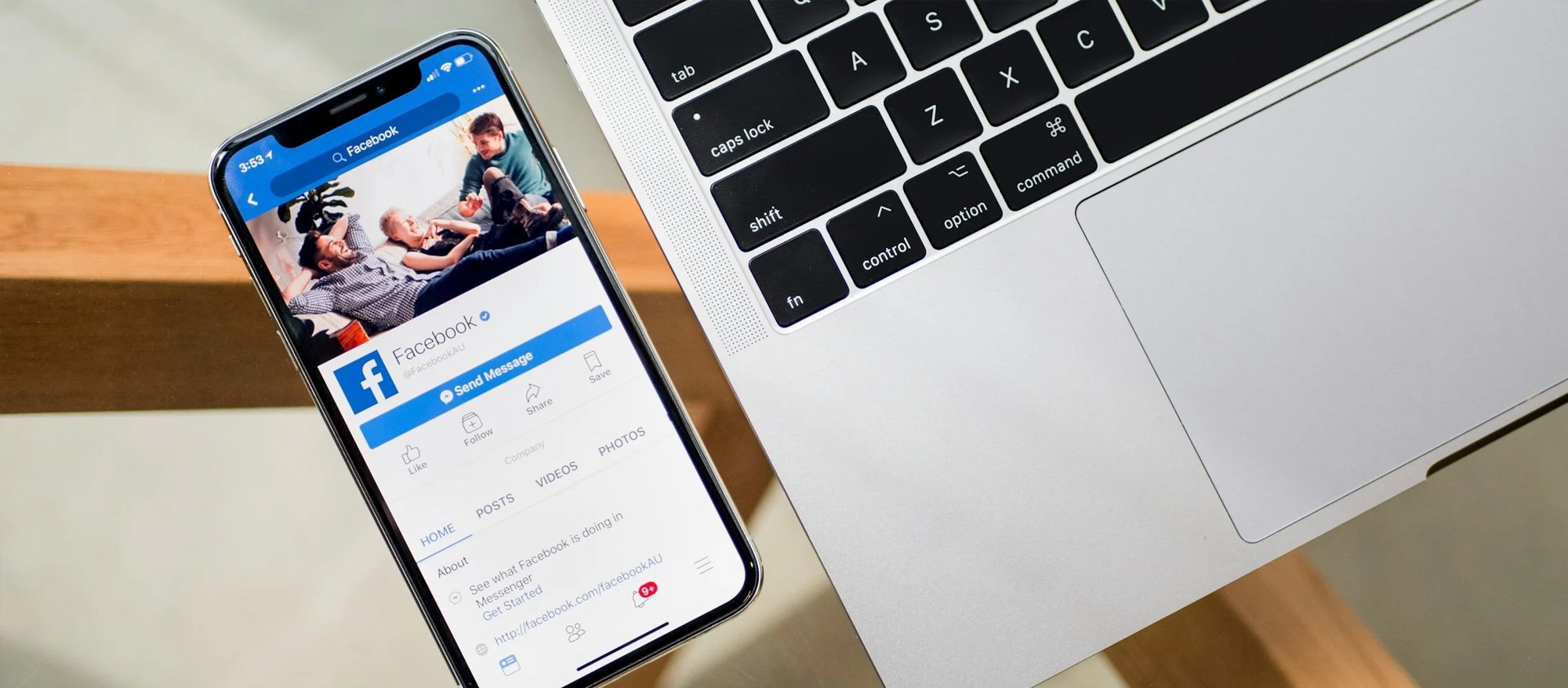Whether we admit it or not, we all carry bias. The question is: do you recognize yours, and do you see how it affects your travel business? Bias shapes how we perceive value, price and even people. But perception isn’t always reality. Left unchecked, bias can cost you sales and keep clients from seeing the value you’re trying to show them.
Recently I was working with a client who told me they needed help presenting a proposal to their client “since we all know X destination is so expensive.” They were concerned their client would be hung up on the price and not want to book since it would be so expensive. Ironically, I didn’t share the perception that the destination in question was considered expensive. I’ve traveled to many other destinations that I would consider to be far more expensive than this one. So, I asked them to walk me through it.
What is the cost? They responded with 35 thousand. On the surface, $35,000 sounds like a lot. But when we broke it down, six to eight people, 12 days, first-class train tickets, boutique hotels, private tours, transfers, it worked out to about $500 per person per day. That’s an incredible value for the level of service.
So, I asked what made them feel it was so expensive to start with — that response prompted this entire article. “X destination is overrated. I don’t know why people keep thinking it’s so amazing, I really don’t see the draw to it.” There it is. Their own personal bias towards this destination affected how they saw the price. It affected their perception of the value that the destination offered. The price of only $500 per person per day was not only incredible value for their client it was also a great price point. Yet the advisor’s own thoughts of the destination predetermined what they believed was value.
So why did the advisor see it as overpriced? Their bias — they projected that bias onto their clients. When we don’t recognize our bias, we struggle to highlight value. Instead of admitting bias got in the way, we default to excuses like “it was too expensive” or “the client just wouldn’t decide.” Your clients are looking to you to help them make the decisions.
Bias will influence what you recommend, how you sell and ultimately how much you will earn. You’ve probably heard, “don’t sell from your own wallet.” But it’s more than that. Even if you can afford luxury travel, your money story, how you were raised to view spending can skew how you see value. Our brains take shortcuts, building biases we don’t even notice. Unfortunately, those mental shortcuts have the same type of hallucinations that AI can have — which means, it’s not always accurate. That’s why you may assume a client can’t afford something, only to later learn they booked elsewhere. If you’ve ever assumed a client couldn’t afford something, you’ve let your bias rule.
Years ago in the middle of winter back when I sold travel, I had a gentleman in his mid-50s walk into my office, he had dirt stains on his hands and at one in the afternoon, you could tell he had had a beer (or three) with lunch, his jeans were well worn with holes and even a bit grease stained. I invited him to sit down at my desk so we could chat.
He was rough around the edges but kind. We talked about what he was looking for. He wanted good service without being stuffy, premium liquor, all-inclusive for four weeks. He wanted to fly first class and wanted a suite so that they could have more room to spread out since they wanted to go for so long. I got to work selecting destinations and properties that matched his description. He wanted things to be comfortable yet wanted to have daily spa treatments for himself and his girlfriend, a restaurant with a menu each night for supper and the option to have room service for breakfast.
I put the options together and presented them to him. He chose the one he wanted right then and there, and then paid in full, since he’d be leaving in just a few short weeks from that day.
Here’s what he told me afterwards, “you’re the fourth office I went to today, all three of the others told me they couldn’t help me because they were too busy or that I was asking for too much” he then went on to say “the one didn’t even acknowledge me because they were too busy gossiping about other clients for 10 minutes before they told me they were too busy to help me, but I overheard them take the woman behind me and I could tell they didn’t know her.” That broke my heart, how could people decide just based on the way that someone looked as to whether or not they would be their client.
Now in fairness, I had my own biases, I grew up on a farm, I grew up knowing that farmers would go into town still in greased jeans and sometimes no matter how much GOJO you used to scrub your hands that you’re never going to get some of those stains off. I saw the truck he was driving, and how shiny and new it was. In fact, I even commented on his truck and how sharp looking it was while we were walking back to my desk. I had my own bias of knowing this client could afford what he was saying.
Ultimately for the other travel advisors who didn’t pay attention to this client, I sent up a quick thank you every year when he walked into my office. See we would plan his vacations from start to finish in less than three hours a year. I charged him a fee for which he told me each year was too low, and his annual budget ranged from $25,000 to $40,000 per trip. It turned out he was not a farmer, but a very successful person in the oil business.
And yes, this client with that budget walked through the same door each year as clients who believed that $1500 for two people was a sufficient budget for two weeks of all-inclusive at a five star. So, if you’ve got those pesky thoughts saying “no one in my area would spend that,” I promise you there is someone who will — if you allow yourself to believe it possible.
To learn more about how bias can impact sales, visit the Art of Selling Travel website to listen to the episode "What's Your Sales Bias?"






comments